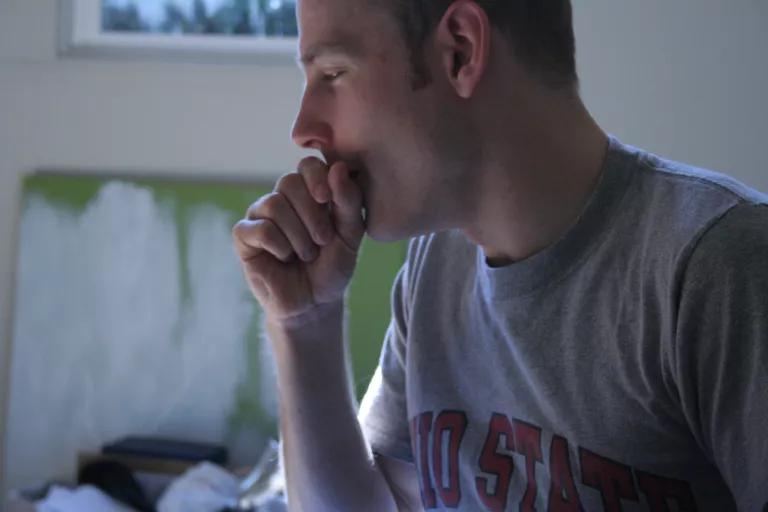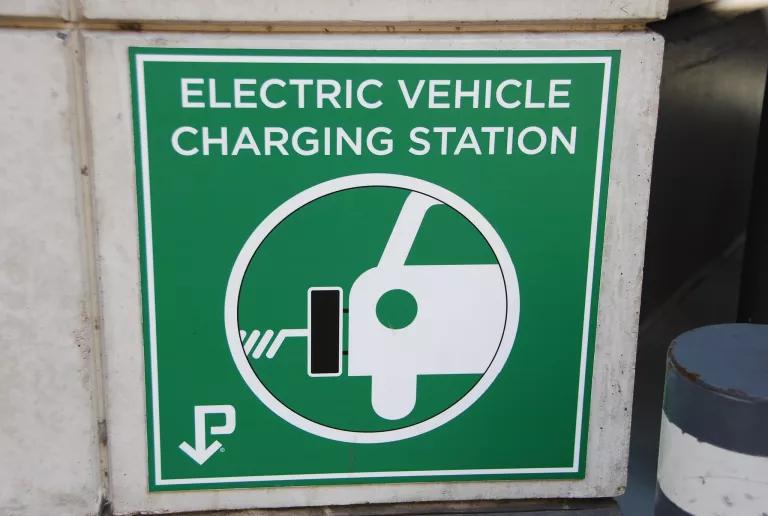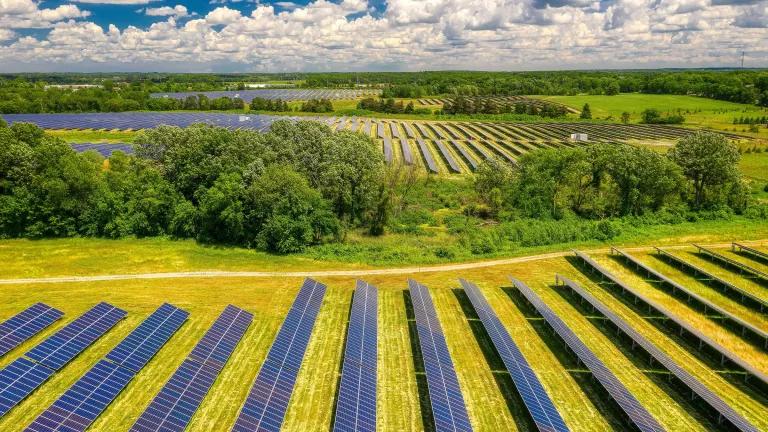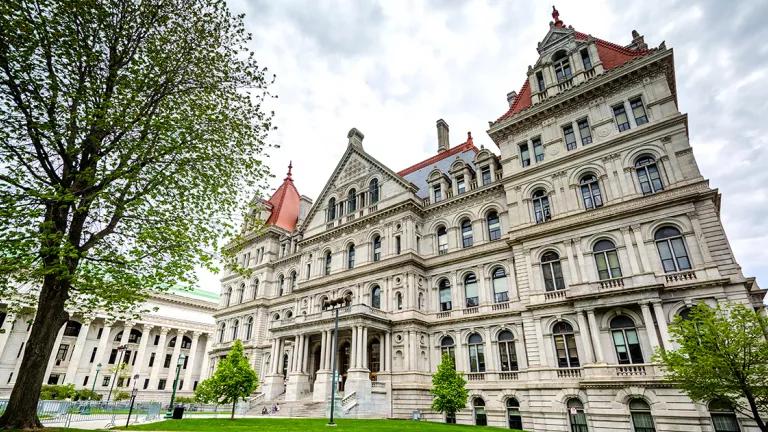Global Report: U.S. Ranks Seventh in Pollution-Related Death

One of President Trump’s favorite—and only—talking points about the environment is that the United States has “among the cleanest air” and “cleanest water” in the world. His rhetoric is at odds with a horrifying reality: The United States has the seventh highest number of pollution-related deaths in the world.
According to a new report from the Global Alliance on Health and Pollution, an estimated 196,930 Americans lost their lives prematurely to pollution in 2017. Nearly 55 percent of those deaths were due to indoor and outdoor air pollution.
These numbers are almost certainly underestimates, given that not all forms of pollution and health risks were captured by the available data. These numbers will also climb in the coming years if the Trump administration has its way.
Here’s why.
Giveaways to Big Polluters: More Unhealthy Pollution
Since Trump took office, we’ve seen reckless proposals to restrict science and one illegal attempt after another to undo or weaken existing limits on pollution from oil, coal, and natural gas. These rollbacks have the potential to reverse decades of progress toward a cleaner environment and healthier people. Take, for example, the U.S. Environmental Protection Agency’s effort to weaken a permitting program for building or upgrading power plants. The proposal would allow outdated plants to spew deadly pollution for many more hours each year, increasing the risk of lung, heart, and brain diseases.
The health costs of conditions worsened by fossil fuel pollution are staggering. According to one new study of children, six health problems linked to fossil fuels cost an average of nearly $23,600 to more than $3.1 million per case.

Failure to Act on Climate: Even More Unhealthy Pollution
The Trump administration’s war on clean car policies and other climate safeguards, withdrawal from the international Paris climate agreement, and attempts to bury climate science will also boost deadly pollution by deepening the climate crisis.
For example, take these three impacts fueled by climate change:
- As parts of the United States get warmer and drier, more severe wildfire seasons will increase unhealthy wildfire smoke. In 2012 alone, particulate pollution from wildfires caused a whopping $6.5 billion in health damages in California. After years of improvement, U.S. air quality has worsened since 2016, a decline linked in part due to the growing problem of wildfire smoke.
- Rising temperatures will also increase demand for life-saving air conditioning. Without action to make our homes more energy efficient, more air conditioning could increase summertime particle pollution in the eastern United States by 60 percent in just a few decades.
- Heavier rainstorms will also wash more pollution into waterways, increasing the growth of harmful algae that cause a range of health problems from vomiting, to loss of motor control to death. Recent NRDC research found that in 2012 alone, harmful algal blooms in Florida resulted in an estimated $557 million in health costs.

So, what can we do to protect ourselves from the health effects of ramped-up pollution?
First, it’s important to understand our individual vulnerabilities. For example, folks who suffer from asthma or other respiratory conditions should pay close attention to local air and water quality alerts and talk to their doctor about how climate change might make things worse.
Second, there are plenty of opportunities to reduce pollution at the local and state level. Efforts such as the Transportation & Climate Initiative in the eastern United States, clean cars and buildings legislation in Colorado, and energy efficiency policies across the country will all need support from an engaged public.

Reducing pollution can improve our health in a matter of weeks. Let’s get to work, so we don’t move up the rankings in pollution-related deaths this time next year.



